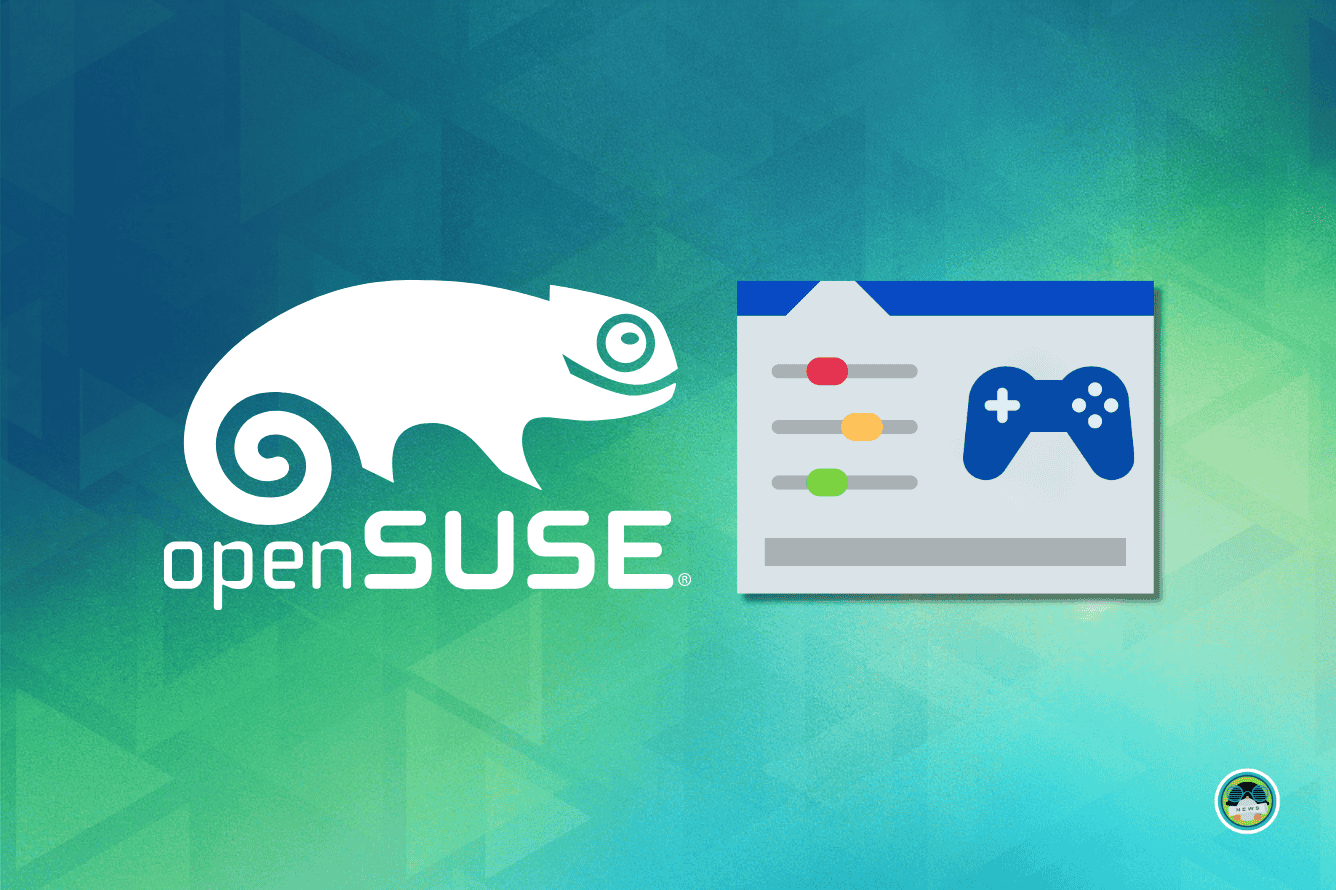Mama told me not to come.
She said, that ain’t the way to have fun.
- 31 Posts
- 15.8K Comments
American tourists escaping Prohibition
Wait, they banned salads along with the booze? That’s too far!
Is 12AM after 12AM?
early 2000s
Nothing good happened in that time period:
- .com crash and the lost decade
- 9/11 and the TSA/Patriot Act nonsense that followed
- Bush, and the start of Iraq and Afghanistan wars
- Dreamcast discontinued, and Sega drops out of the console market (duopoly ensues)
And of course History, Discovery, etc turning to utter crap.
No, that’s an ornithologist.
An orgasm is the term used to refer to relative positions in a set.

 32·2 days ago
32·2 days agoAs a manager of sorts, I already know if people are doing their job: the work gets done. I’m involved enough to know how much time their work should take and see through their BS since I do similar work.
Maybe these bosses should do the same: do similar work and you’ll know when they’re BS-ing you.

 4·2 days ago
4·2 days agoI loved that controller as a kid.

 101·2 days ago
101·2 days agoWhy? Look at how many people here say they want Steam OS, and Lemmy skews heavy toward Linux users. This is that, but OOTB.
I don’t think it’ll sell anywhere near as well as the Steam Deck, but it’s also a less exciting form factor. I do think it’ll sell a fair number of units though.
The cheapest equivalent prebuilt I can find with similar specs (RX 7600 is slightly better than the Steam Machine) is $850, and a DIY build is more like $900 (lots of corners cut), so there’s probably not much margin on the prebuilt. Valve is probably saving some cash with their custom CPU, and they’re probably shipping it with a Steam Controller, hence the $800 target. If component prices rise significantly before launch, I could see $1k.

 51·2 days ago
51·2 days ago- Yeah, I’m guessing $800-1000, and they’ll probably throw in a Steam Controller. That’s about how much a comparable PC would cost
- I’ve been debating it, but it needs to be something my 5yo can use.
- And that’s Valve’s target market here, those unwilling to DIY.

 11·2 days ago
11·2 days agoGet ready to riot because there’s no way it’s that cheap. My money is on $800-1000.

 3·2 days ago
3·2 days agoThat’s a rip off, it’ll be more like 1/4 troy ounce, if that

 9·2 days ago
9·2 days agoEh, I don’t particularly enjoy building PCs, but I do it because it’s cheaper, esp. for upgrades. I’m really not the target market for this.
That said, this is the right product for a lot of people. Many don’t want to mess with their gaming system, they want it to just work. That’s why consoles are popular, and the Steam Machine being a bit more expensive than a console and get access to Steam’s catalog is very attractive to a lot of people, especially if it otherwise works like a console.

 1·2 days ago
1·2 days agoI see you ignored my entire comment.
No, I responded to the relevant part. I was using
segfaultas a metaphor, not arguing that it’s actually the same mechanism underneath. If you’re getting panics in production code, I consider that just as much of an emergency to fix as a segfault, and Rust helpfully gives you stack trace info with it. It’s not the same idea as an exception, which could signify an unrecoverable error or an expected issue that can be recovered from.I don’t know what is more explicit about expect
It forces you to write a message, so most temporary uses will be
unwrap(). I useunwrap()all the time when prototyping for the happy path, and then do proper error handling later. This is especially true in larger projects where I can’t just throw inanyhowor something and actually need to map error types and whatnot. I don’t useexpect()much (current hobby project has 4 uses, 3 for startup issues and 1 for hopefully impossible condition) but I think it makes sense when there’s no way to continue.But yes,
unwrap()is perhaps the first thing I look for as a reviewer, which is why it’s so surprising that this is the issue. At the very least, it should have been something likeexpect("exceeds max file size"). I personally prefer explicit panics in production code, but expect is close enough that it’s personal preference.

 6·2 days ago
6·2 days agoYeah, I’ve been guessing $800-1000. That’s a decent deal on a prebuilt with this performance.

 51·2 days ago
51·2 days agoI used Linux for regular desktop stuff before I installed Steam on it. Steam got me back into gaming.

 1·3 days ago
1·3 days agoYes, it’s not the same since you get a stacktrace (if enabled) and a message, but it’s the closest thing you get in safe rust (outside compiler bugs). I compare it to a segfault because it’s almost as unhandleble.
Basically, you don’t want a panic to crash your program in most cases. If you do, make it explicit (i.e. with
expect()).unwrap()tells me the value is absolutely there or the dev is lazy, and I always assume the latter unless there’s an explanation (or it’s obvious from context) otherwise.

 11·3 days ago
11·3 days agoNah, if there’s one thing they thoroughly test, it’s the spying.

 42·4 days ago
42·4 days agoNo, it’s a panic, so it’s more similar to a segfault, but with some amount of unwinding. It can be “caught” but only at a thread boundary.

 5·4 days ago
5·4 days agoIt is unwrap’s fault. If they did it properly, they would’ve had to explicitly deal with the problem, which could clarify exactly what the problem is. In this case, I’d probably use
expect()to add context. Also, when doing anything with strict size requirements, I would also explicitly check the size to make sure it’ll fit, again, for better error reporting.Proper error reporting could’ve made this a 5-min investigation.
Also, the problem in the first place should’ve been caught with unit tests and a test deploy. Our process here is:
- Any significant change to queries is tested with a copy of production data
- All changes are tested in a staging environment similar to production
- All hotfixes are tested with a copy of production data
And we’re not a massive software shop, we have a few dozen devs in a company of thousands of people. If I worked at Cloudflare, I’d have more rigorous standards given the global impact of a bug (we have a few hundred users, not billions like Cloudflare).

 131·4 days ago
131·4 days agoIft is precious and beyond compare. It has tools that most other languages lack to prove certain classes of bugs are impossible.
You can still introduce bugs, especially when you use certain features that “standard” linter (clippy) catches by default and no team would silence globally.
.unwrap()is very controversial in Rust and should never be used without clear justification in production code. Even in my pet projects, it’s the first thing I clear out once basic functionality is there.This issue should’ve been caught at three separate stages:
- git pre-commit or pre-push should run the linter on the devs machine
- Static analysis checks should catch this both before getting reviews and when deploying the change
- Human code review
The fact that it made it past all three makes me very concerned about how they do development over there. We’re a much smaller company and we’re not even a software company (software dev is <1% of the total company), and we do this. We don’t even use Rust, we’re a Python shop, yet we have robust static analysis for every change. It’s standard, and any company doing anything more than a small in-house tool used by 3 people should have these standards in place.















It all depends on what you’re looking for. I’ve put hundreds of hours into games and gotten way less than $1/hr, and I’ve also had a great experience paying significantly more.
So I don’t see games in terms of $/hr, especially these days when I’m more limited by time than money. Instead, I look for unique experiences with cost being a much lower factor. Generally speaking, I spend much less than $1/hr since I buy a lot of older games, but I’ve spent far more ($5-10/hr) on particularly interesting games.
But yeah, generally speaking, I’m willing to pay more for indies than AAA titles because indie games are more likely to offer that unique experience.